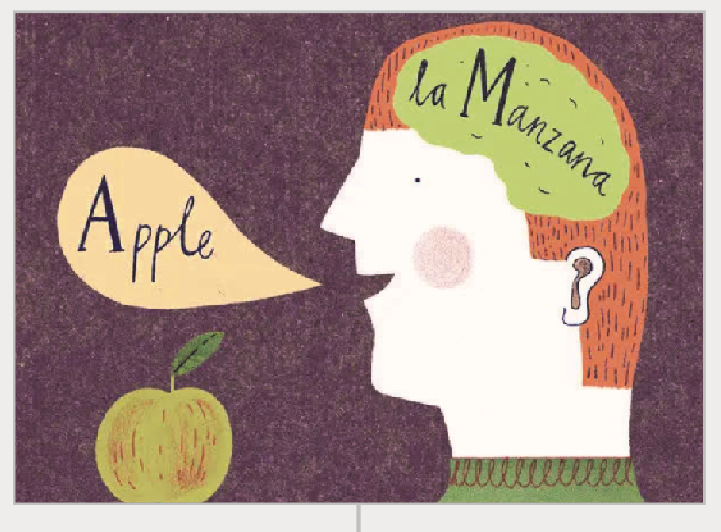Maintaining your heritage language in the home helps families to maintain good communication and close family ties, especially between younger generation and their grandparents.
Helps One Learn Foreign Language Better:
Children who have a strong foundation in their own language, and who continue to develop at an age-appropriate level in that language will learn English better than children who stop developing in their own language when they enter an English-language school environment.
Helps Their Analytical, Problem-solving Skills:
It takes at least five years for children to learn English sufficiently well to be able to do the kind of thinking, problem solving, reading and writing that they have to do in school. Therefore, it is to their advantage if they can continue to think and solve problems in their first language, at least until English catches up.
Employment Opportunities:
People who are fully bilingual are known to have more employment opportunities whether working home or abroad, working as translators, interpreters, diplomatic officers, cultural officers etc.
Makes For More Flexible and Rounded Individuals:
Children who can think and work in more than one language are often more mentally flexible than children who can use only one language.
Preserving Cultural Identity:
First language can be an important source of pride and cultural identity for children who are living in two cultures.




